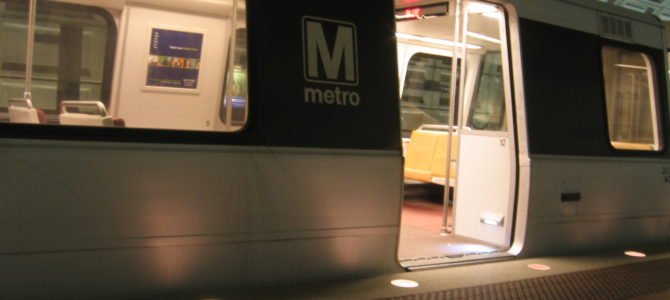The U.S. District Court of the District of Columbia approved a motion to dismiss a lawsuit against the Washington Metropolitan Area Transit Authority (WMATA) brought by rider advocate “Unsuck DC Metro” seeking the questions from its 2018 consumer satisfaction survey.
HAHAHAHAHA
Even the US District Court of DC rules that taxpayers can't have the QUESTIONS to Metro's Customer Satisfaction Survey.
Guess that $100K+ to @akin_gump was money well spent–for Metro.#wmata https://t.co/dTIlZcEcik
— 𝚄𝚗𝚜𝚞𝚌𝚔 𝙳𝙲 𝙼𝚎𝚝𝚛𝚘 (@unsuckdcmetro) May 21, 2020
The suit was filed last year after WMATA denied a public records request from the social media personality by providing a different survey with all but one of its 29 pages completely redacted. To add insult to injury, metro sent Unsuck DC Metro a $325 bill, according to WTOP.
The court ruled that the survey questions were protected under deliberative process privilege, which shields documents from requests under the Public Access to Records Policy (PARP) if they are used for advisory and decision making.
“The Court agrees with WMATA that the consumer satisfaction survey questions satisfy the deliberative process privilege because they are both predecisional and deliberative,” District Court Judge Carl Nichols wrote, arguing that releasing the data would undermine their effectiveness by exposing where metro understands the problems in the network lie. “Conducting a survey of a limited group of individuals would diminish the effectiveness of the survey itself. For that reason, WMATA takes various measures to prevent the survey questions from becoming publicly known.”
“Public disclosure of the survey questions would lessen their value because of the potential for the results of the survey to be skewed,” Nichols explained. “And public disclosure would prevent WMATA from using the survey questions as ‘a key metric to understanding whether WMATA is deploying its resources effectively.'”
“Metro is pleased with the Court’s ruling,” Metro spokesperson Ian Jannetta told The Federalist in a statement, but declined to comment further.








